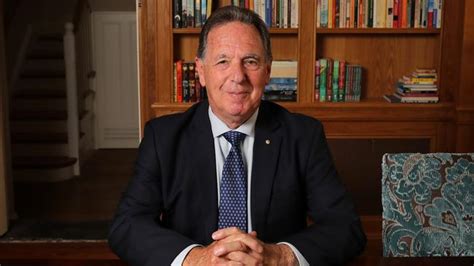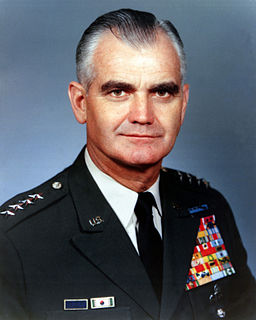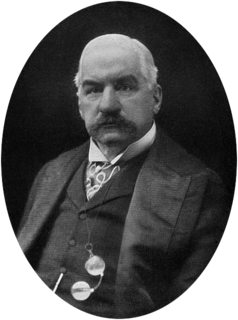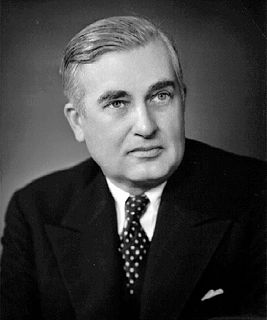A Quote by Edward Albee
Unless you are terribly, terribly careful, you run the danger-- without even knowing it is happening to you-- of slipping into the fatal error of reflecting the public taste instead of creating it. Your responsibility is to the public consciousness, not to the public view of itself.
Related Quotes
Don't talk to me about appealing to the public. I am done with the public, for the present anyway. The public reads the headlines and that is all. The story itself is fair and shows the facts. That would be all right if the public read the facts. But it does not. It reads the headlines and listens to the demagogues and that's the stuff public opinion is made of.
The vested interests-if we explain the situation by their influence-can only get the public to act as they wish by manipulating public opinion, by playing either upon the public's indifference, confusions, prejudices, pugnacities or fears. And the only way in which the power of the interests can be undermined and their maneuvers defeated is by bringing home to the public the danger of its indifference, the absurdity of its prejudices, or the hollowness of its fears; by showing that it is indifferent to danger where real danger exists; frightened by dangers which are nonexistent.
When people generally are aware of a problem, it can be said to have entered the public consciousness. When people get on their hind legs and holler, the problem has not only entered the public consciousness -- it has also become a part of the public conscience. At that point, things in our democracy begin to hum.


































